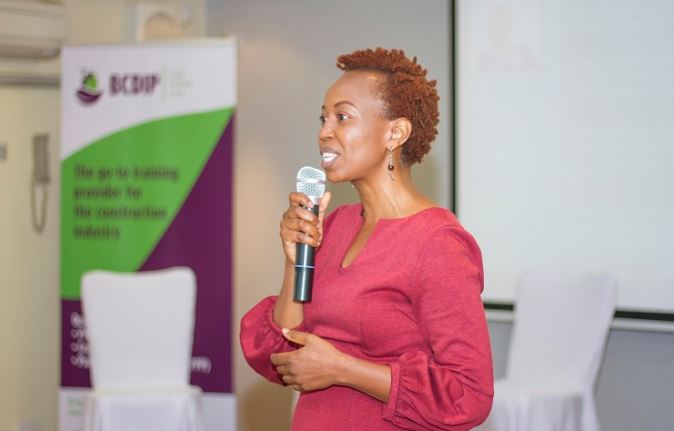×
The Standard e-Paper
Home To Bold Columnists

Africa is growing, and the bludgeoning infrastructure is evidence that the rise is inevitable. An African Development Bank report projects a growth of 30 per cent for African economies by 2040.
However, there’s a catch. This growth will only be possible if African countries can close the wide infrastructural gaps. Kenya has a significant gap between the need for infrastructure and critical services such as hospitals and our government’s ability to pay for such investments.